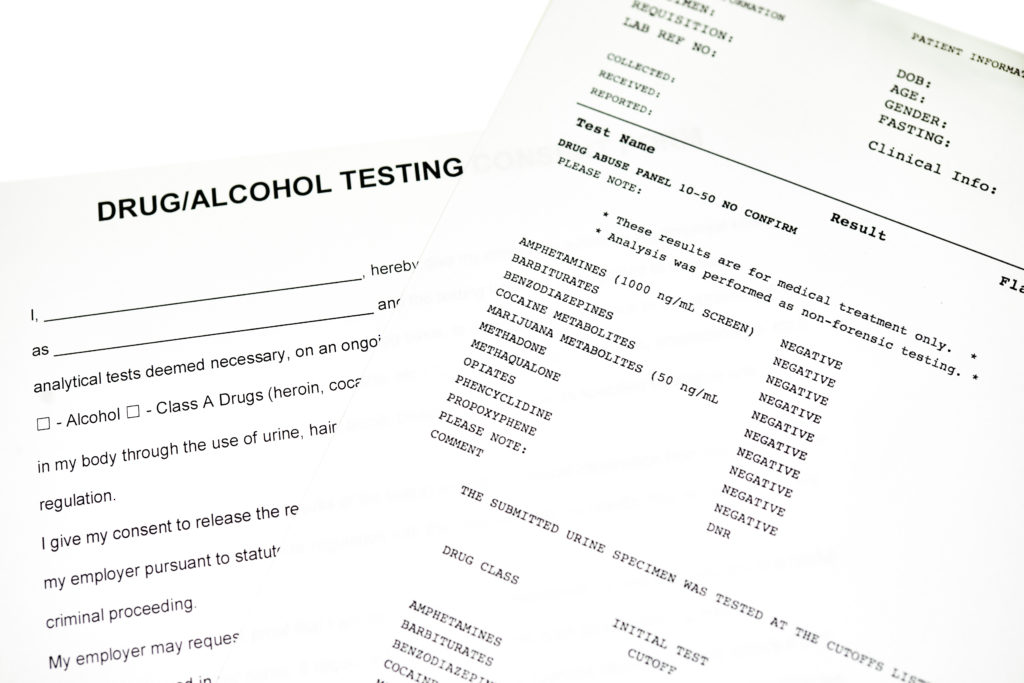
New legislation, introduced by U.S. Senator Roger Wicker (R-Mississippi), will require the Office of Management and Budget (OMB) to explain why its proposed regulations regarding mandatory hair testing for drugs in the transportation industry have yet to be determined.
Wicker introduced the Preventing Opioid and Drug Impairment in Transportation Act on December 4th, a bill which would require the U.S. Department of Health and Human Services (HHS) to submit a report to the U.S. Senate and the U.S. House of Representatives detailing the reasons why HHS hasn’t yet submitted technical guidelines for testing hair to OMB.
The guidelines are more than two years overdue, and are required in a timely manner under the 2015 Fixing America’s Surface Transportation Act highway law.
On December 11th, a U.S. Senate panel advanced the legislation seeking to improve drug testing for transportation workers.
The bill’s provisions will cover truck drivers, Amtrak conductors, and pipeline operators with an effort of reducing impairment on the job within freight and commuter corridors.
“Drug and alcohol use can impair drivers’ and transportation employees’ abilities to do their jobs safely,” said Wicker. “My legislation would help protect the public from these risks by requiring the Department of Transportation to strengthen drug and alcohol testing, research, and programs for drivers and those in safety-sensitive jobs.”
The bill requires both agencies to provide an estimated date on which the guidelines will be put into place within 60 days of enactment.
According to the bill, the report would have to detail “considerations related to eliminating positive test results caused solely by the drug use of others and not caused by the drug use of the individual being tested; and estimate the date by which such guidelines will be completed.”
The proposed federal regulation allowing motor carriers to conduct drug tests for their drivers and potential employees by hair sample is under review at OMB.
“I’d like to believe, if passed, that this language would be effective,” said Dave Osiecki, president and CEO of Scopelitis Transportation Consulting. “However, past congressional pressure on HHS has not resulted in accelerated action on the guidelines, and this language is likely to meet the same fate. A more effective approach might be for Congress to withhold some funding if HHS does not act expeditiously.”
Also under the bill, the U.S. Department of Transportation would need to determine whether it will require Amtrak engineers and conductors to report drug and alcohol-related arrests immediately. It would make Amtrak implement tracking and monitoring procedures, as well as report to Congress details of an electronic record database for drug tests.
The bill would also require the Department of Transportation to amend its auditing system and report to Congress regarding how pipeline companies may require international safety-sensitive personnel to undergo drug and alcohol testing, while still operating domestic infrastructure.
The Department of Transportation would need to report to Congress its methods of reducing impaired driving, including that under the influence of marijuana or opioids. DOT would have to continue researching while determining the usefulness of onsite oral fluid screening and creating guidelines for law enforcement on the use of this screening and drug recognition protocols.
The bill would also require the Government Accountability Office to report on an “assessment of whether the process used by the Department of Health and Human Services by adding and removing categories of drugs to and from the federal workplace drug testing requirements sufficiently addresses the needs of the transportation industry for drug and alcohol testing to prevent drug and alcohol-related incidents.”
Finally, the bill requires that within the first month of its enactment, the HHS secretary must submit to Congress a report determining whether or not to add fentanyl to DOT’s drug testing panel.
The trucking industry has been closely monitor the proposal–a survey by the Alliance for Driver Safety and Security recently found that more than 300,000 current truck drivers would either fail or refuse a hair analysis, a fact which would be enormously detrimental for the industry.
The panel reported this legislation to the Senate with bipartisan backing, but the chamber’s managers have not yet scheduled a date for its consideration.
Reader Interactions